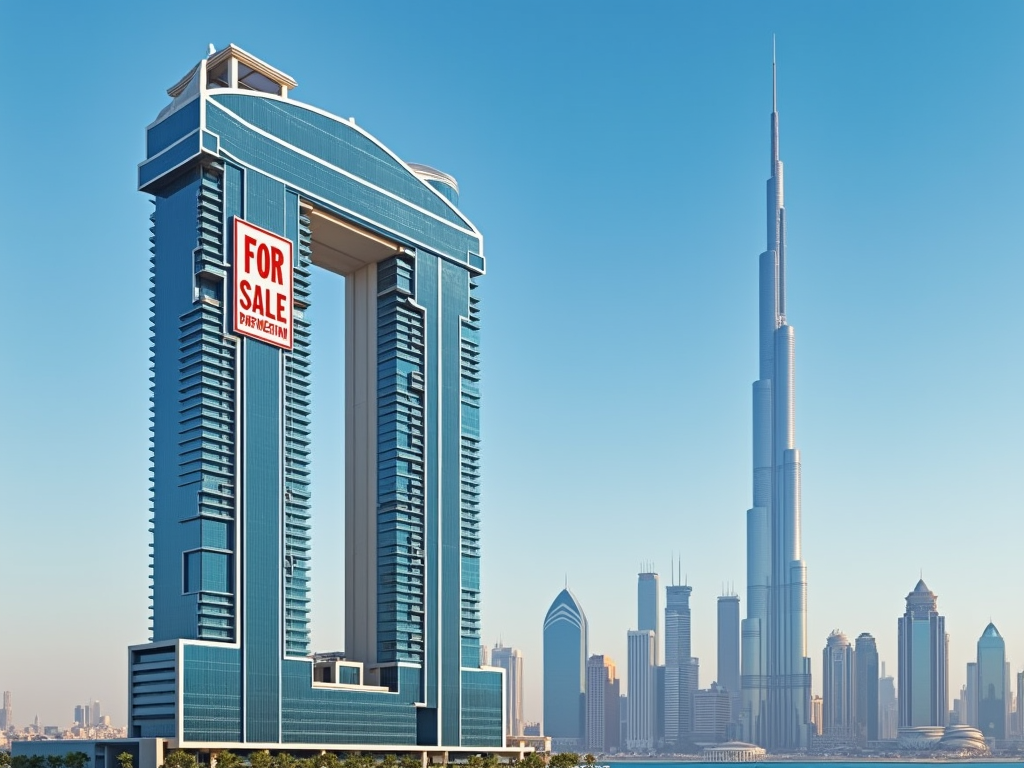
What You Should Know About the Dubai Property Market for Expats
Dubai’s property market presents a unique landscape for expats looking to invest or reside in one of the world’s most vibrant cities. Known for its luxury developments and thriving economy, the market offers various opportunities tailored to diverse needs. Understanding the intricacies of the real estate scene is essential for expats to make informed decisions. This article outlines key factors to consider while navigating the Dubai property market, including current trends, legalities, and practical tips.
Understanding the Dubai Property Market

The Dubai property market has undergone significant changes over the years, establishing itself as a major hub for investors and residents alike. With a mix of modern skyscrapers, luxurious villas, and expansive communities, there is something for everyone. Key features include:
- High Return on Investment: Dubai is known for its impressive yields, particularly in the rental market, rewarding investors with attractive returns.
- Diverse Property Types: From apartments to villas and townhouses, the market caters to a broad spectrum of preferences and budgets.
- Regulatory Framework: The Dubai Land Department provides clear regulations for property transactions, ensuring transparency and security for buyers.
- Growing Expat Community: As a cosmopolitan city, Dubai attracts a significant number of expatriates, which fuels demand in the real estate sector.
- Investment Zones: Areas such as Downtown Dubai, Dubai Marina, and Palm Jumeirah are popular among expats due to their lifestyle offerings and amenities.
Legal Considerations for Expats

Expats should familiarize themselves with the legal framework governing property ownership in Dubai before making any transactions. Non-UAE nationals are allowed to purchase property in designated freehold areas, which are primarily located in urban and prime residential zones. Here are key legal points to keep in mind:
- Freehold vs. Leasehold: Expats can buy freehold properties in designated areas or leasehold properties for up to 99 years.
- Title Deed: After purchase, ensure you receive a title deed from the Dubai Land Department to validate your ownership.
- Property Registration: When buying property, registration with the Dubai Land Department is mandatory and must be completed within 60 days.
- Financing: Some banks offer mortgage options for expats, with varying terms and rates—research is essential to find the best deal.
- Real Estate Agent: Seeking assistance from a licensed real estate agent can smooth the process and provide invaluable local knowledge.
The Dubai property market is constantly adapting to global economic conditions, regulatory changes, and shifting consumer preferences. Recent trends indicate a recovery following past fluctuations, with a keen interest from expats. Notable trends include:
- Increased Rental Demand: There is a surge in rental demand as expatriates continue to flock to the UAE, leading to a price uptick in popular areas.
- Flexible Payment Plans: Developers are offering more flexible payment plans, making homeownership more accessible for buyers.
- Sustainable Developments: There is a growing focus on sustainable and eco-friendly properties, catering to a conscientious demographic.
- Technological Integration: Smart homes and automated facilities are becoming prevalent, appealing to tech-savvy buyers looking for modern conveniences.
- Price Stabilization: While prices experienced fluctuations, there is a trend toward stability, making it an opportune time for potential buyers.
Practical Tips for Expats
Before diving into the Dubai property market, here are some practical tips for expats to enhance their buying experience:
- Research Target Areas: Understand various neighborhoods and their unique offerings to find the best fit for your lifestyle.
- Consult Local Experts: Engage with real estate professionals familiar with the Dubai market to gain insights and support through the process.
- Budget Wisely: Factor in additional costs such as maintenance fees, property management, and local taxes when creating a budget.
- Visit Properties: Schedule viewings to evaluate properties firsthand, enabling you to make a more informed decision.
- Review Contracts: Thoroughly review all contracts and legal documents before signing to avoid surprises later on.
Conclusion
In conclusion, navigating the Dubai property market offers exciting opportunities for expats, but it requires a solid understanding of the legal framework, market trends, and practical considerations. By equipping themselves with the right knowledge and resources, expats can make informed property decisions that cater to their lifestyle and investment goals. As the market continues to evolve, staying updated will be key to securing a desired property in this dynamic city.
Frequently Asked Questions
1. Can non-UAE nationals buy property in Dubai?
Yes, non-UAE nationals can purchase property in designated freehold areas within Dubai, ensuring they follow all legal requirements.
2. What are the best areas for expats investing in Dubai real estate?
Popular areas for expats include Dubai Marina, Downtown Dubai, and Palm Jumeirah, known for their amenities and lifestyle options.
3. Is it necessary to hire a real estate agent?
While not mandatory, hiring a licensed real estate agent can be beneficial, as they offer local expertise and help navigate the buying process.
4. Are there any taxes on property purchases in Dubai?
Yes, buyers must pay a 4% transfer fee to the Dubai Land Department when purchasing property.
5. What financing options are available for expats?
Many banks in Dubai offer mortgage options for expats, with varying terms depending on the buyer’s residency status and financial profile.

